Pinto beans, which are also called Roman beans, are one of the types of beans and dicotyledonous plants and one of the most popular legumes among Iranians, Italians, Portuguese and Turks.
The abundant amino acids in beans make it a good source of protein and a suitable substitute for all kinds of meats, and it is superior to other beans in terms of fiber.
This bean has pink spots that fade when cooked. In fact, if you have trouble recognizing its types, you can remember pinto beans as patterned beans. The first difference between pinto beans and other varieties is its appearance. This bean turns brown after cooking and needs one to two hours to cook. Dried pinto beans are commonly used in many foods, especially refried beans, prepared or canned.
Dried pinto beans are commonly used in many dishes, especially refried, prepared or canned beans.
Hasna Export Company can supply high-quality pinto beans for your company and your distributor.
You can send your request, we can prepare it for you.
Contact us for more information.
Importer pinto beans the world
Product :070820 pinto beans
| Importers | Select your indicators | ||||||
| Value imported in 2022 (USD thousand) | Quantity imported in 2022 | Quantity Unit | Unit value (USD/unit) | Annual growth in value between 2018-2022 (%) | Annual growth in quantity between 2018-2022 (%) | Annual growth in value between 2021-2022 (%) | |
| World | 1526740 | 934857 | Tons | 1633 | -1 | -2 | -11 |
| United States of America | 342312 | 155755 | Tons | 2198 | 8 | 1 | 5 |
| Netherlands | 161123 | 70289 | Tons | 2292 | -2 | -2 | -23 |
| United Kingdom | 158317 | 54508 | Tons | 2904 | -2 | 1 | -28 |
| Spain | 147987 | 121728 | Tons | 1216 | -7 | -3 | -12 |
| Canada | 132080 | 39383 | Tons | 3354 | 1 | -2 | 2 |
| France | 128944 | 60673 | Tons | 2125 | -5 | 0 | -10 |
| Belgium | 102989 | 188233 | Tons | 547 | -1 | 0 | -26 |
| Germany | 85844 | 36665 | Tons | 2341 | -1 | 0 | -15 |
| Italy | 41094 | 23002 | Tons | 1787 | -1 | -7 | -2 |
| Singapore | 22558 | 14378 | Tons | 1569 | 5 | 0 | 2 |
| Switzerland | 16964 | 4437 | Tons | 3823 | 4 | 5 | -21 |
| Portugal | 14520 | 10363 | Tons | 1401 | -1 | 0 | 8 |
| Sweden | 12262 | 2842 | Tons | 4315 | 1 | 8 | -5 |
| Denmark | 11109 | 6296 | Tons | 1764 | 3 | 16 | -14 |
| United Arab Emirates | 10925 | 14477 | Tons | 755 | -2 | 6 | 14 |
| Austria | 8888 | 3567 | Tons | 2492 | -6 | -3 | -15 |
| Norway | 7994 | 1349 | Tons | 5926 | -7 | -6 | -10 |
| Ireland | 7405 | 243 | Tons | 30473 | -2 | -45 | -3 |
| Malaysia | 6889 | 6223 | Tons | 1107 | -4 | -6 | -16 |
| Thailand | 5492 | 6473 | Tons | 848 | 18 | -6 | 67 |
| Japan | 5331 | 1232 | Tons | 4327 | -17 | -19 | -35 |
| Kuwait | 5110 | 2536 | Tons | 2015 | 5 | -8 | -56 |
| New Zealand | 5093 | 911 | Tons | 5591 | -5 | -18 | -35 |
List of importers for the selected product in 2022
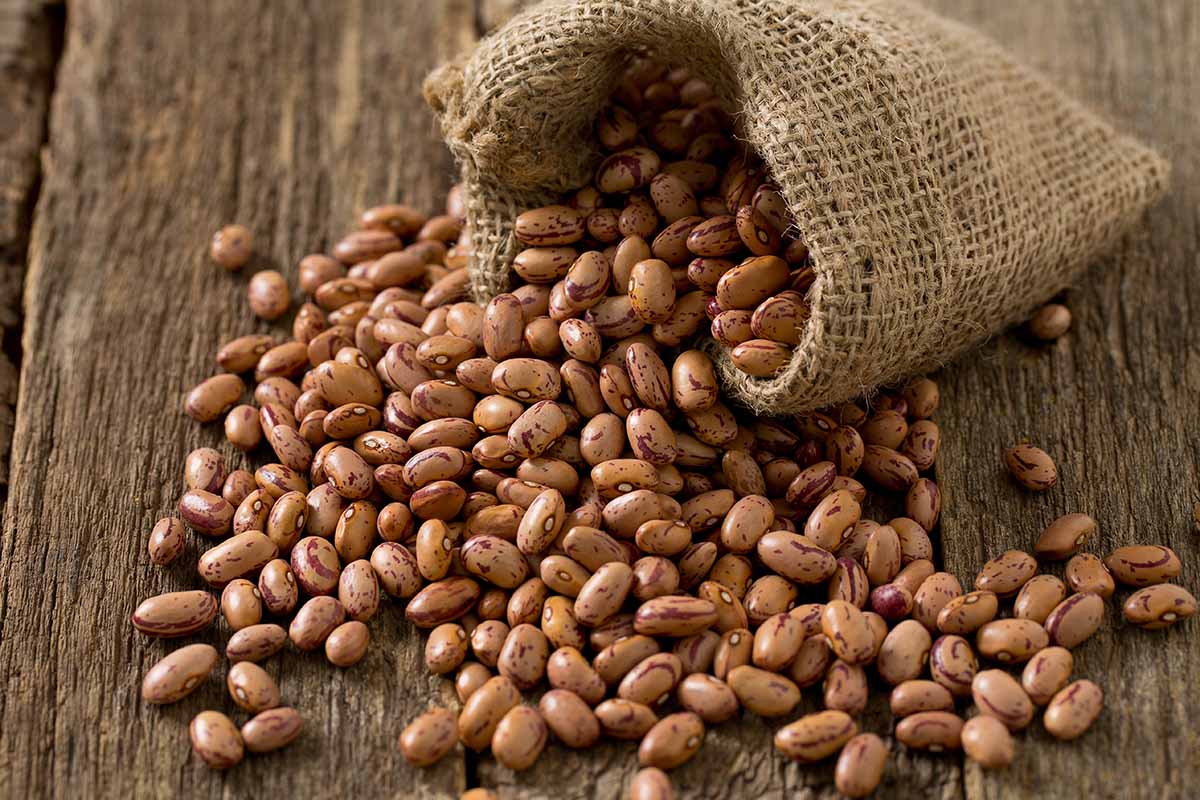
Types of pinto beans
Types of pinto beans include: ‘Burke’, ‘Hidatsa’ and ‘Othello’.
Alobia pinta alavosa or “complex bean” is a red variety of pinta alavosa that originates from the city and municipality of Anana in the province of Álava in the Basque Country in northern Spain.
Attributes
Pinto beans are cholesterol-free and contain less sugar than other types of beans, and are rich in important nutrients such as iron, vitamins, fiber and protein, and this is an important factor in its remarkable properties.
nutrition values
| Pinto beans (cooked) | |
| Dosage: 100 grams | |
| Energy | 143 kilocalories |
| carbohydrate | 26.22 |
| sugar Loaf | 0.34 |
| Dietary fiber | 9 |
| to show | 0.65 |
| with saturation | 0.109 |
| with monounsaturation | 0.106 |
| polyunsaturation | 0.188 |
| Provider | 9 |
| Water | 62.95 |
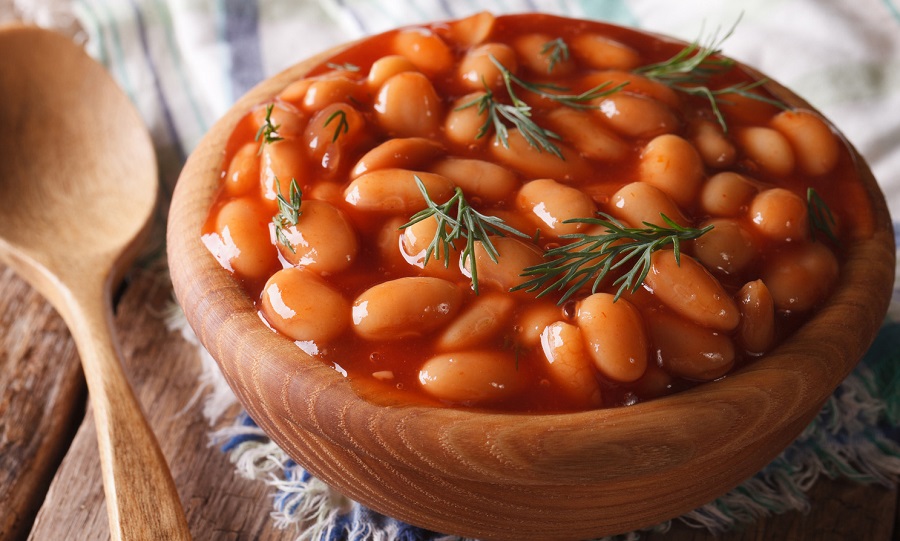
| vitamins | |
| Vitamin B1-thiamine | 0.193 mg – 17% |
| Vitamin B2 – riboflavin | 0.062 mg-5% |
| Vitamin B3 – niacin | 0.318 mg – 2% |
| Vitamin B6 | 0.229 mg – 18% |
| Folate – vitamin B9 | 172 micrograms – 43% |
| Vitamin C | 0.8 mg – 1% |
| Vitamin E | 0.94 mg – 6% |
| minerals | |
| Calcium | 46 mg-5% |
| iron | 2.09 mg – 16% |
| magnesium | 50 mg – 14% |
| phosphorus | 147 mg-21% |
| potassium | 436 mg – 9% |
| sodium | 238 mg – 16% |
| Roy | 0.98 mg – 10% |
To treat diseases
- Treatment of constipation
- Reduction of osteoporosis
- Cholesterol reduction
- Regulation of blood sugar
- Prevention of hair loss
- Prevent skin dryness
- Cleansing the body
- Treatment of digestive problems
- Useful for pregnant girls and fetuses
- Blood pressure regulation
- Improve the immune system
- supply of choline
- Prevention of anemia
- Cancer prevention
- Weight control
- Improves heart health
- Reduction of homocysteine formation
- Improvement of vessels and veins
- Optimal oxygenation
- Reduction of heart attack

Caution in the consumption of pinto beans
People with kidney stones should avoid eating beans because beans are rich in calcium and potassium, which can worsen the condition.
Beans have a relatively high amount of purine, so if you are allergic to this compound, it is better to avoid eating it.
People prefer canned beans to fresh beans because it is easy to use. You have to be very careful because canned beans contain more sodium. Even fresh beans contain sodium.
The products we offer are:
Chickpeas : link
Lentil Beans : link
Mung Beans : link
Red Beans : link
White Beans : link



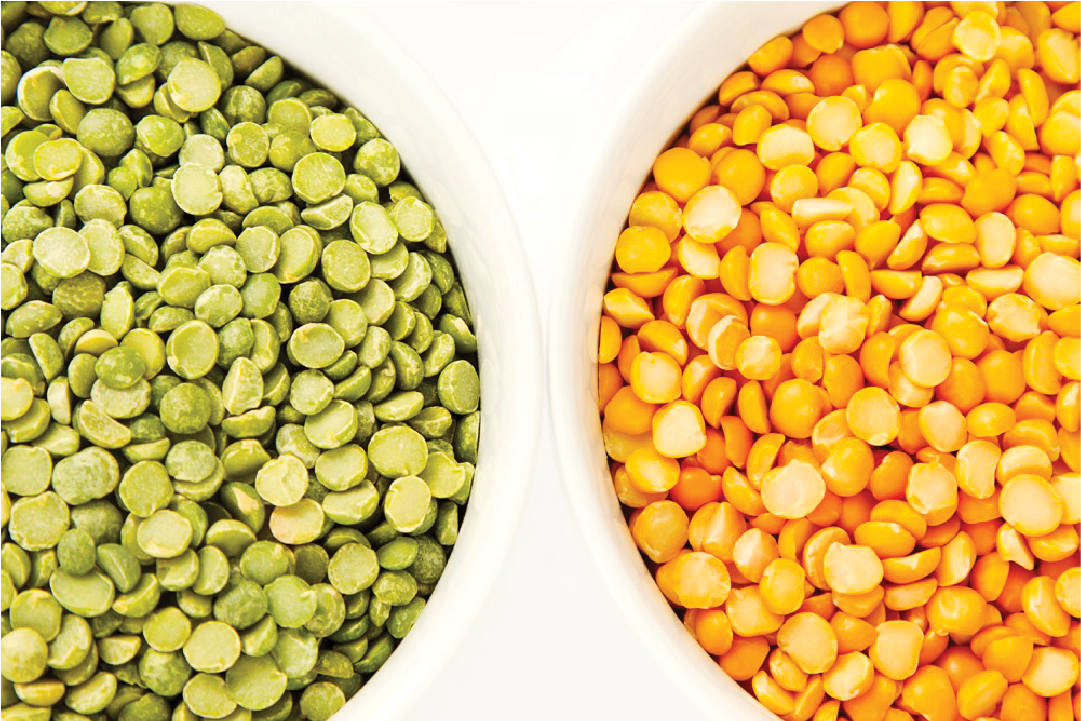

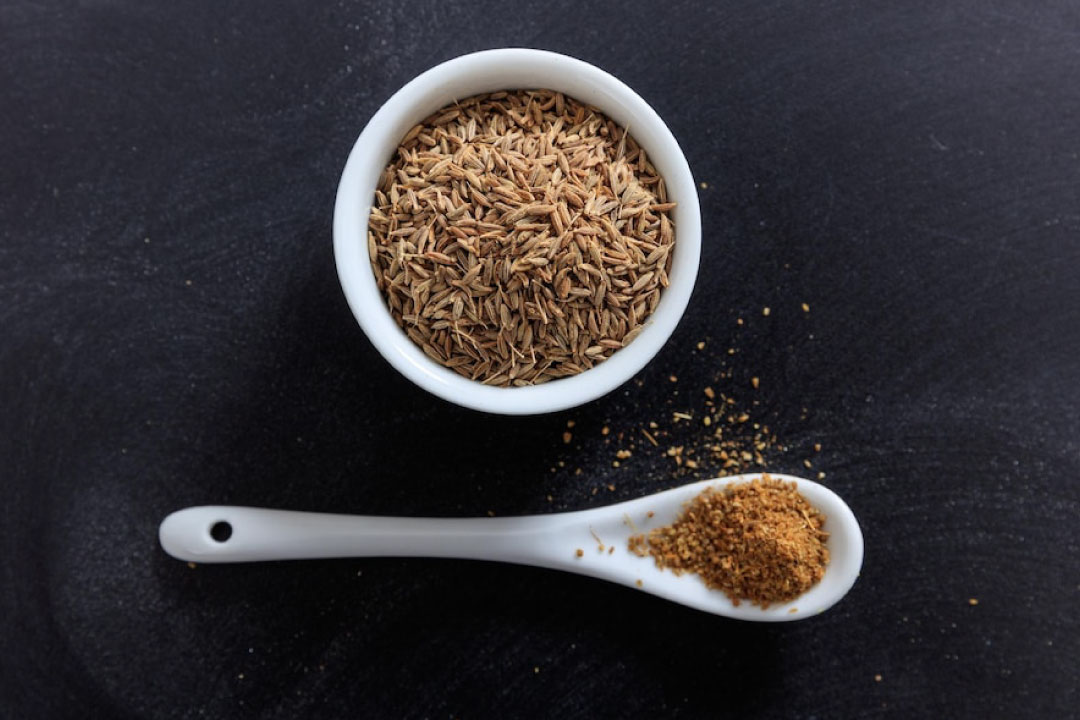

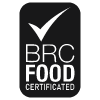






Wonderful beat ! I would like to apprentice even as you amend your web site, how could i subscribe for a weblog web site? The account aided me a appropriate deal. I had been tiny bit acquainted of this your broadcast offered vivid clear concept